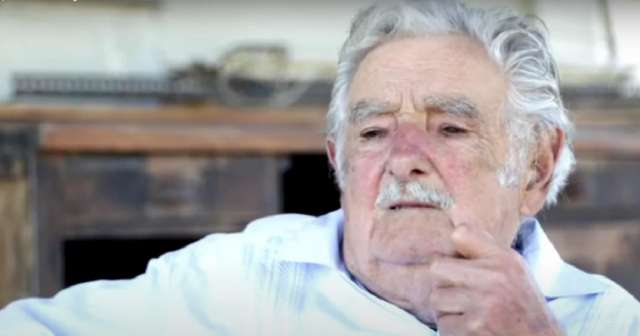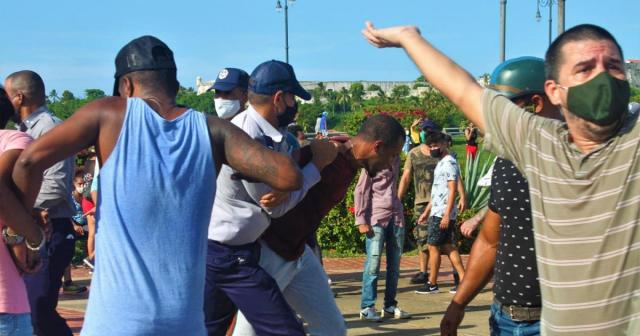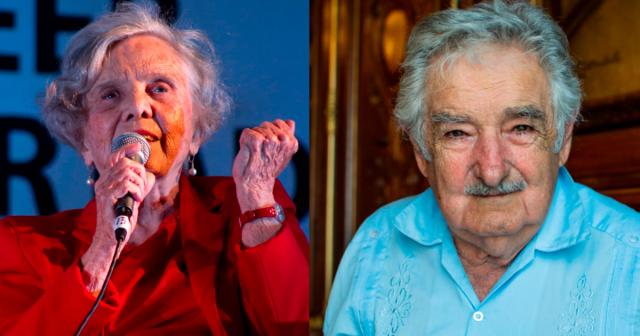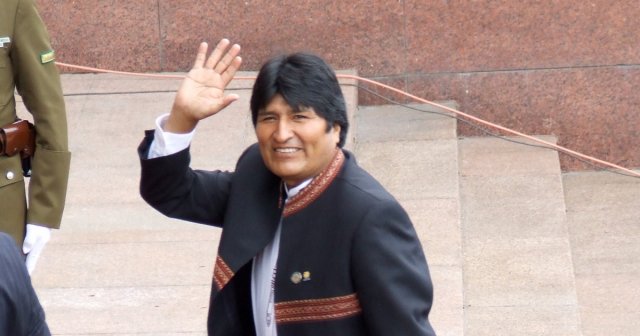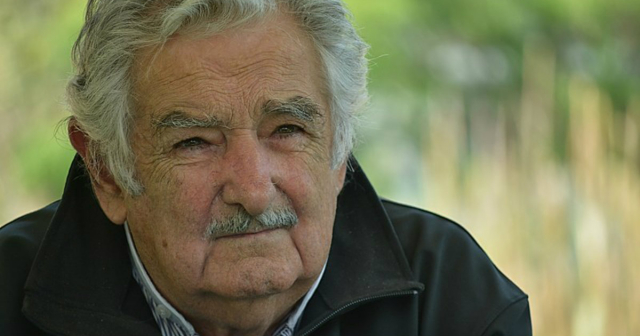
The former Uruguayan president,Jose Mujica, considers that what happened in Bolivia is a "coup d'état" and specified that the wealth of resources that that country has makes him distrust the motivations.
"For me it is a coup d'état, we don't have to give it much thought. Why? Because there is an ultimatum from the Army that they have to leave or leave and the Police garrisoned, period and what is that called?", said the former president in statements toNational Television of Uruguay (TNU).
"Bolivia is very rich, it is said that it has 70% of the essential material to make new batteries, we all know that there is an energy change in the world. I am not accusing because I have no evidence, I am distrustful, because of history," he added.
Mujica considered that it remains in the background whether what happened was due to apossible fraud in the recent elections in Bolivia, and specified that this is difficult to prove because of all the tables that had caught fire.
"What sense does it have if when a new electoral event was announced the coup machine did not stop? And what does it have to do with the repression that was carried out on homes, family members, in the sight and consideration of the armed forces of Bolivia? It is evident that there is a coup d'état," he reiterated.
Mujica indicated that "it may be" that Morales "was wrong to force the possibility of becoming a candidate," but he believes that "all of this does not justify the lynching or the things that are happening. Furthermore, if that were the case, it opened the door." door to a new electoral process and start over, (but) they did not want to accept it either, they opted for the other path," he concluded.
Regarding Bolivian society, the former guerrilla and current Uruguayan senator indicated that the country "had taken a leap," and that many of the most humble sectors, "especially the indigenous," had improved their situation.
"The old liberalism is sick, it is hacked because neoliberalism has no restriction on allying itself with attitudes that are fascist, that is not typical of the old liberalism, there are changes. Apparently the representative system is very weakened, the parties are not responding many expectations that people have," he concluded.
In addition to José Mujica, the Government of Mexico, Cuba, Venezuela, Uruguay and the elected president of Argentina, Alberto Fernández, have also described the succession of events in the South American nation as a "coup d'état."
Other Latin American countries showed their concern, but avoided using the term and raised the urgent need to hold free democratic elections, which represent a transition towards peace.
This Monday, the former Argentine soccer player, Diego Armando Maradona, also described what happened in Bolivia as an "orchestrated coup d'état," and came out in defense ofEvo Morales, who rHe announced this Sunday in his position in the midst of the acute political crisis that paralyzed the country for the last three weeks.
The climax came after the Organization of American States (OAS) denounced the existence of "serious irregularities" in the general elections of October 20. This fact made the former president agree to call new elections.
In the last few hours, Morales shared an image on his social networks in whichHe appeared sleeping on the floor under some sheets that simulated a tent. In this way he spent his first night as former president of the Andean country.
The Legislative Assembly of Bolivia plans to meet this Tuesday to discuss the resignation of Evo Morales and elect his successor, after a growing number of resignations that have left the opposition facing the possibility of assuming an interim government, and calling presidential elections in 90 days.
What do you think?
COMMENTFiled in:

